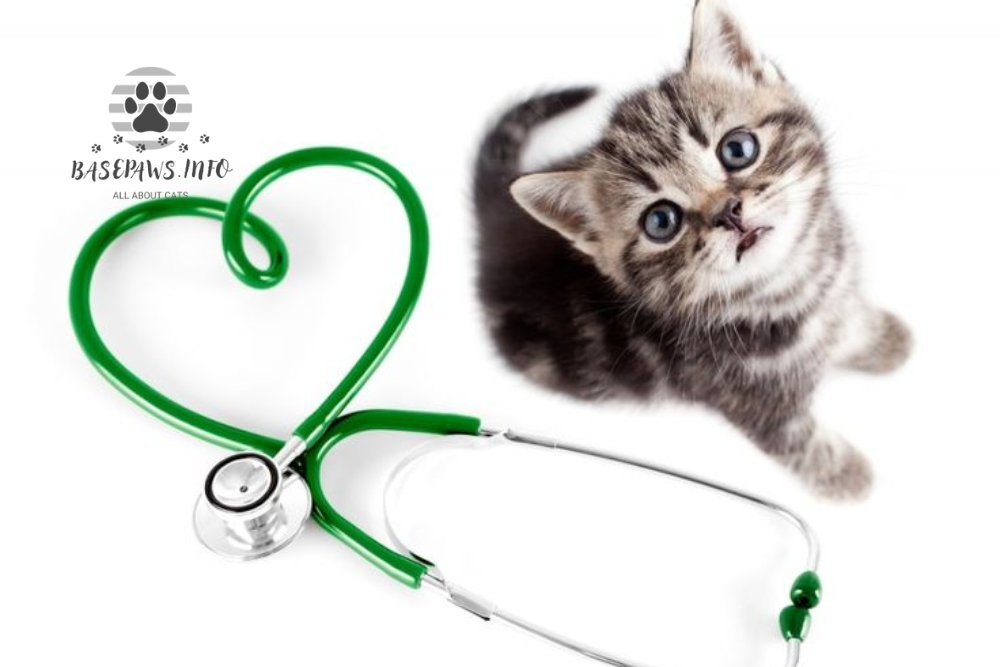How Often Should You Take Your Cat to the Vet?
Caring for your cat’s health might feel like a guessing game, especially if you’re unsure how often they need to see a veterinarian. Cats are masters of hiding discomfort and illness, making it challenging for even the most attentive owners to notice problems. Missing regular checkups could mean catching a disease or condition too late, leading to more expensive and invasive treatments.
The good news is that you can avoid many potential health issues with regular veterinary care. Wellness exams not only detect illnesses early but also ensure that your cat’s vaccinations, diet, and overall health are on track. Whether you have a playful kitten or a dignified senior, a tailored care schedule can work wonders for their longevity and happiness.
Importance of Regular Veterinary Checkups
Why Are Vet Visits Necessary?
Cats, unlike dogs, often display subtle signs of illness. For example, a cat with dental pain might stop eating, but by the time this happens, the problem could require extensive treatment. Routine visits ensure that these issues are caught early, preventing discomfort and reducing costs.
The True Cost of Cat Ownership: From Adoption to End-of-Life
Regular checkups also help manage:
- Vaccinations: Protect your cat from potentially deadly diseases.
- Parasite prevention: Prevent infestations of fleas, ticks, and worms.
- Dental health: Maintain strong teeth and gums, which influence overall wellbeing.
Preventing Health Issues Before They Start
Proactive care reduces the likelihood of sudden emergencies. Catching issues like weight loss, abnormal behavior, or unusual lumps early makes treatment more effective and less stressful for both you and your cat.
Understanding the Cost vs. Benefits of Preventive Care
What Are the Costs of Neglecting Care?
Skipping routine checkups might save money in the short term but can result in higher costs later. For instance:
- Treating kidney disease, common in older cats, could cost thousands of dollars if detected late.
- Severe dental problems might require extractions or surgery, costing $500-$1,000 or more.
How Preventive Care Saves Money
Investing in preventive care is like maintaining your car—small, regular expenses can prevent major breakdowns. Regular vaccinations, dental cleanings, and wellness exams can extend your cat’s lifespan and improve their quality of life, saving you money in the long run.
The 6 Best Alternatives to Scruffing Your Cat
What Happens During a Cat Wellness Exam?
Comprehensive Physical Examination
During a checkup, your veterinarian will examine your cat’s:
- Eyes: Check for cloudiness or redness.
- Ears: Look for infections or mites.
- Teeth: Evaluate for tartar buildup, gum disease, and bad breath.
Health History and Behavior
Veterinarians will ask about your cat’s diet, behavior, and any recent changes in activity levels or appetite. This information helps them detect underlying issues.
Preventive Treatments
Vaccinations, deworming, and flea control are often administered during these visits to keep your cat protected year-round.
Veterinary Care by Life Stage
Kittens (Birth to 6 Months)
- First Visits: Start by 8 weeks old to establish a care routine.
- Vaccinations: Protect against common diseases like feline distemper and rabies with shots every 3-4 weeks until 16 weeks old.
- Spaying or Neutering: Recommended at 4-6 months to prevent unwanted pregnancies and reduce hormone-driven behaviors.
| Age | Visit Frequency | Focus Areas |
| 0-6 Months | Every 1-2 Months | Vaccinations, Parasite Control |
Junior Cats (7 Months to 2 Years)
Semi-annual visits focus on dental health, parasite control, and behavior. Young cats often develop food preferences and require monitoring to ensure proper nutrition.
Adult Cats (3 to 6 Years)
During annual checkups, veterinarians will check for early signs of obesity, diabetes, or other chronic conditions. Keeping vaccinations up to date and monitoring dental health remain critical at this stage.
Mature Cats (7 to 10 Years)
Cats in this age group are prone to age-related conditions like arthritis and kidney disease. Veterinarians recommend:
- Annual bloodwork to track organ health.
- Monitoring weight to prevent obesity-related issues.
Senior Cats (11 to 14 Years)
Older cats benefit from biannual visits, which may include:
- Blood pressure checks to detect hypertension.
- Advanced diagnostics like x-rays or ultrasounds to screen for conditions like heart disease.
Why Microchipping Cats is a Must
Super Senior Cats (15+ Years)
Care for super seniors often involves regular monitoring for conditions like thyroid imbalances and reduced kidney function. Twice-annual visits and advanced diagnostics can ensure their comfort and quality of life.
Special Considerations
When to Seek Emergency Veterinary Care
Emergency symptoms include:
- Difficulty breathing.
- Persistent vomiting or diarrhea.
- Sudden weight loss or lethargy.
Do Indoor Cats Need Regular Checkups?
Yes, even indoor cats can develop health issues like dental disease or obesity. Routine exams are crucial for early detection and treatment.
FAQs About Routine Vet Visits
- Do indoor cats need regular checkups?
Absolutely! They need vaccinations, dental care, and regular wellness exams just like outdoor cats. - What if my cat hasn’t been to a vet in years?
Schedule a checkup as soon as possible. Your veterinarian can assess their overall health and start a care plan.
Additional Information
Pet Insurance
Pet insurance can significantly reduce the cost of emergency treatments and chronic care. Consider plans that cover both wellness exams and unexpected illnesses.
Cost of Care
- Routine visits: $50-$200 per visit.
- Emergency care: $500-$1,500 depending on the situation.
| Life Stage | Visit Frequency | Cost Estimate |
| Kitten (<6 mo) | Every 1-2 Months | $50-$100 per visit |
| Adult (3-6 yrs) | Annually | $100-$200 per visit |
| Senior (11+ yrs) | Twice Annually | $150-$300 per visit |
Regular vet visits are essential for keeping your cat happy and healthy throughout their life. From playful kittens to wise senior cats, proactive care ensures they receive the right attention at the right time.
Make a commitment today to schedule your cat’s next wellness exam. By staying proactive, you’re giving your furry friend the best chance at a long, healthy, and joyful life. Don’t wait—your cat deserves it!






